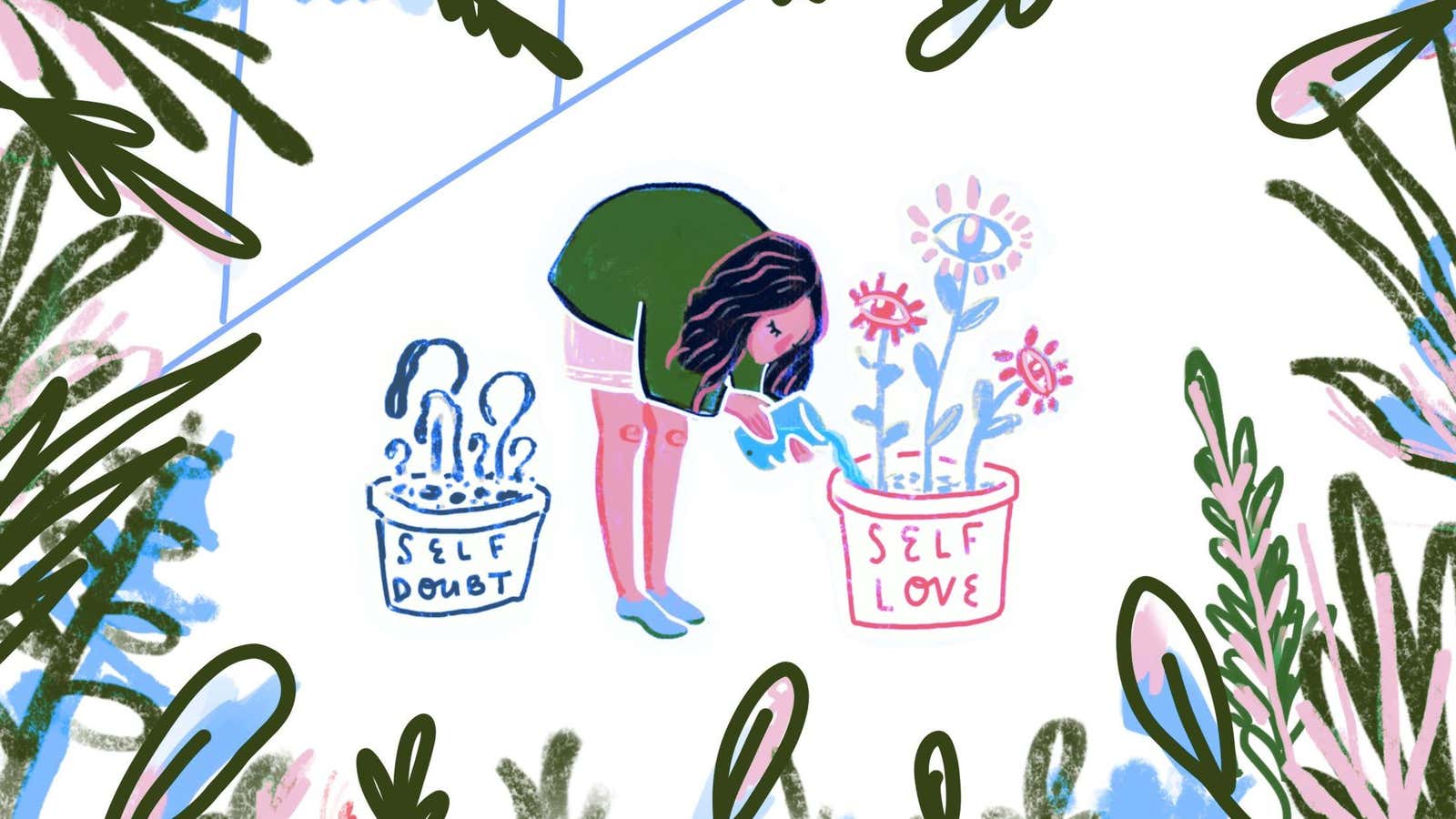Wide-eyed and flustered amongst glasses clinking and genetics jargon, I wondered, “how did I get here?” I was 20 years old and standing in the foyer of the Howard Hughes Medical Institute (HHMI) headquarters, mingling with HHMI Exceptional Research Opportunity Program fellows, many of whom were intimidatingly smart. EXROP is an extremely prestigious program that matches undergraduates to top labs and funds 10 weeks of scientific research. For many of us, it would be the first time we would step foot in an environment of that caliber. When I heard I’d been selected to do research at Stanford, I couldn’t believe that I got in. Upon meeting the other fellows, the disbelief morphed from a ball of joy into a heavy pit. I began to doubt whether I deserved the opportunity at all.
Though I didn’t recognize it then, I was experiencing what many might label “imposter syndrome.”
Imposter syndrome is the feeling that your success is a fluke. No matter how good you look on paper, you’re afraid you’ll eventually be exposed as a fraud. You work harder to hide the fact that you don’t belong.
Five years after I spent that summer at Stanford, I’ve learned that while the feelings that accompany imposter syndrome are real, the idea that there are imposters in science is not. And I wonder if talking about these feelings as “syndrome” could take too much blame off of toxic cultures that can contribute to them.
Like most people, I grew up with some idea of the archetypical scientist that was influenced by our society’s reverence of Einstein, Hawking, and Newton and the notion that “revolutionary ideas” emerge during strokes of genius. In this model, it’s easy to believe that there are people who inherently belong in science and those who are imposters.
But as I learned more about science, I realized that it doesn’t require genius at all. It requires dedication, curiosity, and comfort in going against the grain of society. What all great scientists have in common is not some common innate ability, but the ability to identify what they don’t understand and to respond by learning the information already available or by doing the work to uncover the unknown.
Today, I’m a fourth-year PhD candidate in neuroscience at UC Berkeley. I’m an National Science Foundation fellow, an HHMI Gilliam fellow, and I no longer feel anything like an imposter.
But I would not say that I’ve “overcome” imposter syndrome.
One of the psychologists that coined imposter syndrome, Dr. Pauline R. Clance, once said that she wishes she called it “imposter experience.” Self-doubt is normal, especially when venturing into unknown and challenging territory—something scientists do daily. Working longer hours, studying harder, and even getting tenure aren’t going to eliminate the “imposter” experience.
By framing feelings of inadequacy as a personal flaw that needs to be worked on, we let the toxic culture in academic research off the hook. This culture encourages overwork and under-compensation under the guise that if you are a “real” scientist, your dedication will compensate for your needs for rest, money, and self-acceptance. As young scientists, we are fooled into working harder and longer to live up to sky-high expectations and encouraged to feel inadequate.
To deal with “imposter syndrome,” you must accept that you are enough. You must understand that you deserve to pursue your career even if you aren’t perfect. However, you must also understand that it is not up to you to endure a toxic environment that breeds chronic self-doubt.
Imposter syndrome is a convenient scapegoat for the systemic and institutional oppression that pushes people out of science. Hyper-focus on imposter syndrome can be a form of victim-blaming. It promotes the idea that people need to pull themselves up by their bootstraps and just feel better in order to do better.
By treating imposter syndrome as if it blossoms only in the recesses of the mind, we absolve ourselves of addressing the sexism, racism, and culture of overwork that may be causing the imposter experience. Imposter syndrome is not necessarily a disease of the mind, but perhaps a disease of the system.
